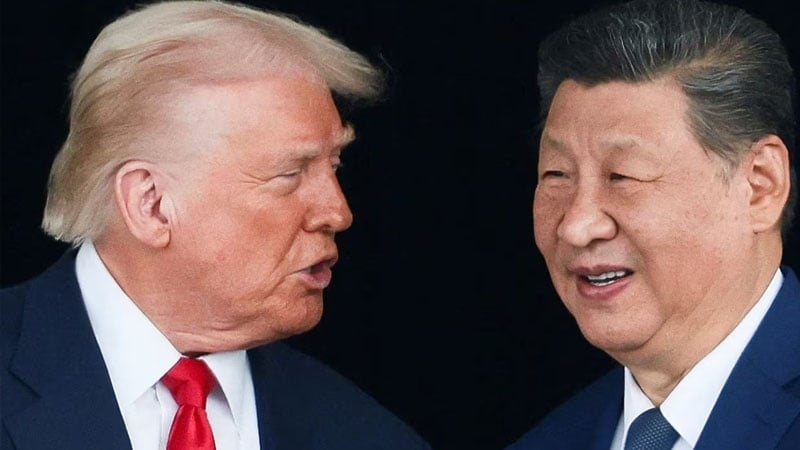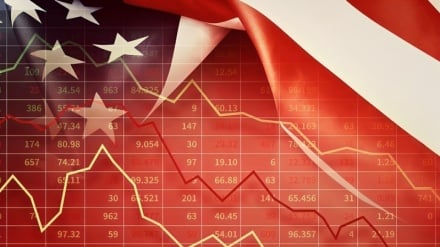Trump-Xi meeting: Will U.S.-China trade war end?
-

Meeting between Trump and Xi: Will the trade war between the U.S. and China end?
Pars Today – On the sidelines of the APEC summit in South Korea, the presidents of the United States and China met for the first time in six years and reached some agreements. However, the inconsistent behavior of U.S. President Donald Trump toward Canada has cast doubt on the sustainability of this trade truce.
According to The New York Times, following the meeting, the two sides agreed that U.S. tariffs related to fentanyl would be reduced from 20% to 10%, China’s export restrictions on rare earth elements would be temporarily suspended for one year, and China would resume purchases of American soybeans. The deal could help ease the trade war that Trump had initiated against China.
Trump’s decision to impose 100% tariffs on Chinese goods, citing the trafficking of fentanyl into the United States, disrupted global supply chains. China retaliated with tariffs on soybeans and rare metals, leading to rising inflation in the U.S. and a slowdown in Chinese exports. Domestic economic pressures in the U.S.—including 5% inflation and the loss of 200,000 manufacturing jobs tied to U.S.-China trade—along with America’s dependence on rare earths for the semiconductor and electric vehicle industries, pushed Trump to pursue an agreement with China. The move is also seen as an attempt to boost the Republican Party’s prospects in the 2026 elections.
China, for its part, also needs such a deal to maintain economic stability, prevent capital flight, and preserve its edge in high-tech industries such as lithium batteries. However, Trump’s unpredictable approach to trade—particularly his abrupt policy shifts toward Canada—has raised concerns in Beijing.
During his first term, Trump called the USMCA (United States–Mexico–Canada Agreement) “the best deal in history.” Yet in 2025, he imposed 35% tariffs on steel, aluminum, and automobiles from both Canada and Mexico. After Ontario officials in Canada aired a campaign criticizing the tariffs with a voice-over imitating Ronald Reagan, Trump halted negotiations and increased tariffs on Canada by an additional 10%.
This pattern underscores Trump’s unreliability and volatility, as his trade policies can swing 180 degrees with a single social media post. For this reason, the warm gestures and agreements between Washington and Beijing are unlikely to last long and may soon be affected by domestic political and economic considerations in both capitals—especially given Trump’s contradictory and impulsive behavior in pursuit of his “America First” slogan, often at the expense of other nations’ interests.


